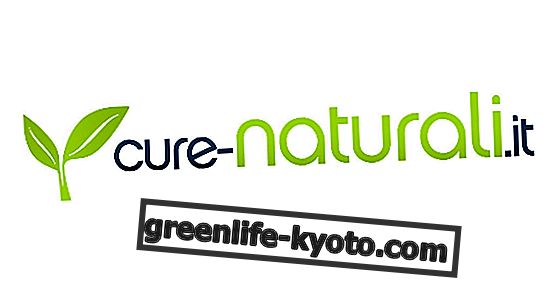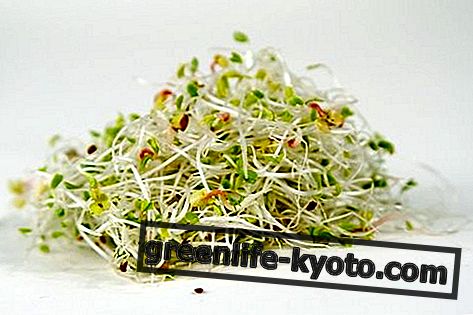
Kinesiology: what is Touch for Health
Kinesiology is a natural therapeutic technique based on the physical manipulation of muscles and reflex points on the body.
Kinesiology starts from the assumption that a good posture and a good functioning of the skeletal and muscular system condition all the physical well-being, through the communication of the various parts of the body: high and low, right and left, internal and external.
This happens by acting on the correct postural balance of the spine, the seat of the nerve bundle of the nervous system that radiates to the whole body.
According to kinesiology the position of the column stimulates or disturbs different nerves, which carry different information to organs and glands. Furthermore, the position of the muscles also influences the position of the internal organs and the glands themselves, thus interfering with their correct functioning and adequate communication between them.
Kinesiology, used mainly in sports and rehabilitation, aims to balance the functioning of the muscles, but also to intervene on the whole, and not on the single apparatus or on the single muscle.
From this point of view, Touch for Health kinesiology is part of holistic therapies that aim to rebalance the overall well-being of the body and mind.
Indeed, it is now established that the position of the body, postures, attitudes and gestures, as well as the production of certain hormones and the functioning of the organs, also contribute to shaping the character predisposition and the state of mind of the person to whom they belong.
Kinesiology acts, unlike many other physical manipulative techniques, on antagonistic muscles rather than on muscles directly affected by pain or imbalance. In this way it strengthens the state of equilibrium, starting from the concept that if there is tension in a muscle there will be weakness in the antagonist.
Touch for Health kinesiology also acts on the energy circulation of the acupuncture meridians.
Kinesiology: health benefits
Kinesiology is a holistic practice, because its effects extend over the whole system of the human being. Most of the time, a kinesiologist is referred to treatments concerning muscular problems, without further investigating the causes, and often the distal effects, of a particular imbalance.
The most obvious benefits are therefore those of the muscles and the skeleton : pain, stiffness, trauma, overwork or muscle weakness, of any kind in any district. Therefore kinesiology can be indicated in the treatment of back pain, joint pain, headache, carpal tunnel syndrome, etc.
But kinesiology acts beneficially even in states where the emotional component is very important, such as stress, anxiety, depression, insomnia, irritability, mood swings, panic attacks .
For its action on internal organs and on hormonal functioning kinesiology can also be applied for skin problems, allergies, eczema, menstrual pain, weight problems, hypertension .
There are many benefits of kinesiology, and it is easy to understand how one can adopt and choose a kinesiological Touch for Health muscle balancing treatment with many disorders, starting from the concept of health that is the basis of this holistic therapy.
The body is a coherent and structured whole, the various parts, the various districts, the organs, they are all connected and interdependent systems, the well-being of one is well-being of all, while the dysfunction of only one of them damages all the balance.
Taking care of a small part, putting it in a position to heal itself, having confidence in the body's innate ability to repair what our action has compromised, means treating the whole, respecting the personal and special balance of each of us.













